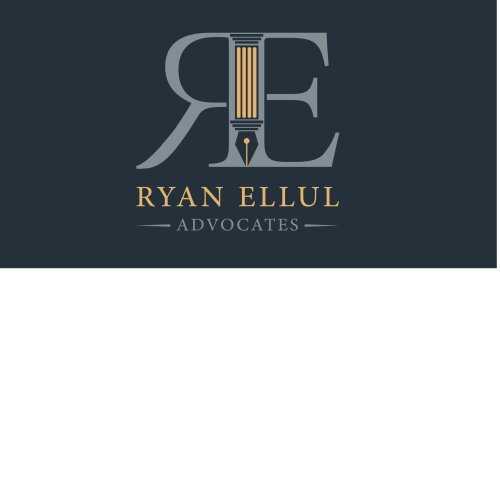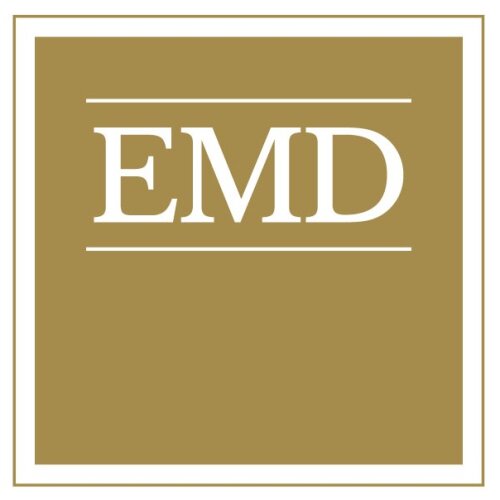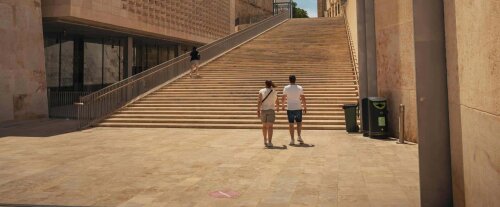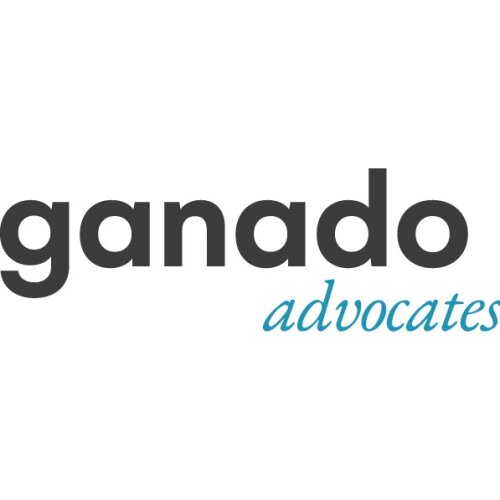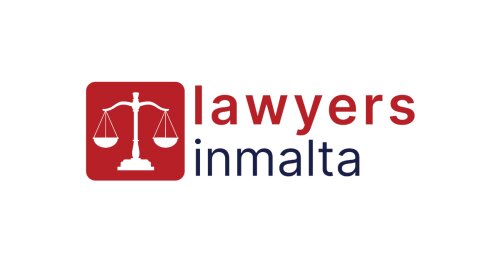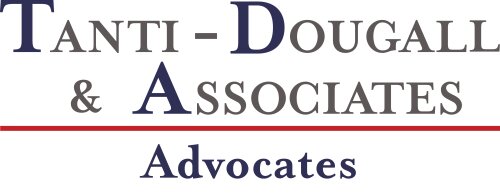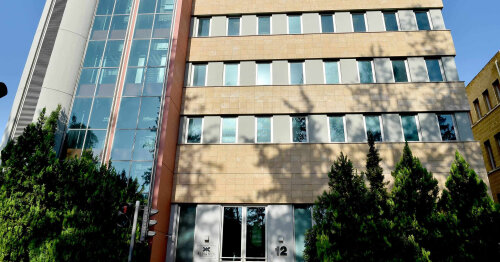Best Whistleblower & Qui Tam Lawyers in Malta
Share your needs with us, get contacted by law firms.
Free. Takes 2 min.
Or refine your search by selecting a city:
List of the best lawyers in Malta
About Whistleblower & Qui Tam Law in Malta
Whistleblower and Qui Tam laws in Malta are designed to encourage individuals to report illegal activities or misconduct within organizations by offering protection against retaliation. These laws are essential for maintaining transparency and accountability in both public and private sectors. In Malta, the laws protect whistleblowers who report wrongdoing such as fraud, corruption, and other violations of the law. The concept of Qui Tam, which allows individuals to bring a lawsuit on behalf of the government, is closely related to these protections and aims to bring offenders to justice while rewarding the whistleblower.
Why You May Need a Lawyer
Legal assistance is crucial in navigating the complexities of whistleblower and Qui Tam cases. Common situations where you may require a lawyer include:
- Providing advice on whether your information qualifies for whistleblower protection under Maltese law.
- Assisting in the preparation and submission of a whistleblower report in a legal and effective manner.
- Representing you if you face retaliation from your employer or breach of confidentiality rights.
- Helping to understand your rights and the potential rewards under Qui Tam actions if applicable.
- Guiding international whistleblowers on how Maltese laws may apply to their circumstances.
Local Laws Overview
Key aspects of local laws relevant to Whistleblower & Qui Tam in Malta include:
- Whistleblower Protection Act: This provides the framework for the protection of individuals who report wrongdoing, ensuring confidentiality and protection against employment-related retaliation.
- Disclosure Procedures: Outlines the processes for legally protected disclosures, including the appropriate bodies and conditions under which reports can be made.
- Consequences for Retaliation: Establishes penalties for organizations or individuals who retaliate against whistleblowers.
- Incentives for Reporting: Although Malta may not offer the same Qui Tam monetary rewards as seen in other countries, there may be certain financial or career protections in place.
Frequently Asked Questions
1. What qualifies as whistleblowing in Malta?
Whistleblowing in Malta involves reporting illegal activities or misconduct within an organization, such as fraud, corruption, or violation of regulatory laws.
2. How does Maltese law protect whistleblowers?
Whistleblowers are protected through confidentiality of identity, protection against retaliation, and may involve legal measures if protections are violated.
3. Can I remain anonymous when reporting?
While anonymity can be requested, complete anonymity can be challenging to maintain throughout legal proceedings. Consult a lawyer for advice on maintaining confidentiality.
4. What is the role of Qui Tam in Malta?
The concept of Qui Tam, involving citizens bringing legal actions on behalf of the state, is less developed in Malta compared to some other jurisdictions, but similar provisions exist in appropriate scenarios.
5. Are there financial rewards for whistleblowers in Malta?
Malta does not typically offer monetary rewards similar to those seen in jurisdictions like the United States under the Qui Tam laws, but various protections for career and reputation are offered.
6. Can I report wrongdoing in a multinational company operating in Malta?
Yes, you can report such wrongdoing, and Maltese laws will apply to actions taken within local jurisdiction.
7. What should I do if I face retaliation?
Contact a lawyer immediately to seek legal protection and address any breaches of your rights as a whistleblower.
8. How can I ensure my report is legally protected?
Adhering to the proper channels and procedures outlined in the Whistleblower Protection Act is crucial. Legal counsel can guide these procedures.
9. Is there support for international whistleblowers in Malta?
While the primary focus is local, cases involving EU-wide concerns may fall under broader European directives, offering similar protections.
10. How long does the protection last?
Protection lasts indefinitely in terms of safeguarding identity and against retaliation for actions taken within the scope of the Whistleblower Protection Act.
Additional Resources
To support individuals seeking guidance on whistleblower matters in Malta, consider the following resources:
- Office of the Commissioner for Protection of Whistleblowers: A primary body responsible for overseeing whistleblower activities in Malta.
- Malta Financial Services Authority (MFSA): Assists with whistleblower concerns related to financial misconduct.
- Legal Aid Malta: Provides legal assistance to those who qualify and require support in whistleblower cases.
- Local NGOs and advocacy groups: Organizations such as Transparency International Malta may offer advice and support.
Next Steps
If you believe you need legal assistance concerning whistleblower or Qui Tam issues in Malta, consider the following steps:
- Consult a Lawyer: Seek a consultation with a lawyer specializing in employment law or whistleblower protections to discuss your specific situation.
- Gather Evidence: Collect documentation or other evidence supporting your claim to strengthen your legal case.
- Submit a Report: Follow the designated legal channels to report the wrongdoing and ensure compliance with local laws.
- Maintain Confidentiality: Exercise caution in discussing your case with others to maintain confidentiality.
- Seek Support: Reach out to relevant organizations for additional guidance and to learn more about your rights and protection under the law.
Lawzana helps you find the best lawyers and law firms in Malta through a curated and pre-screened list of qualified legal professionals. Our platform offers rankings and detailed profiles of attorneys and law firms, allowing you to compare based on practice areas, including Whistleblower & Qui Tam, experience, and client feedback.
Each profile includes a description of the firm's areas of practice, client reviews, team members and partners, year of establishment, spoken languages, office locations, contact information, social media presence, and any published articles or resources. Most firms on our platform speak English and are experienced in both local and international legal matters.
Get a quote from top-rated law firms in Malta — quickly, securely, and without unnecessary hassle.
Disclaimer:
The information provided on this page is for general informational purposes only and does not constitute legal advice. While we strive to ensure the accuracy and relevance of the content, legal information may change over time, and interpretations of the law can vary. You should always consult with a qualified legal professional for advice specific to your situation.
We disclaim all liability for actions taken or not taken based on the content of this page. If you believe any information is incorrect or outdated, please contact us, and we will review and update it where appropriate.
Browse whistleblower & qui tam law firms by city in Malta
Refine your search by selecting a city.



